College of College of Graduate Studies
Maintaining balance during Covid-19
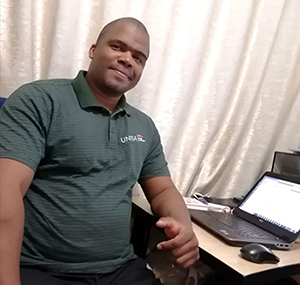
Tonny Matjila, Unisa PhD student and Research Training and Development Officer in the College of Graduate Studies
The nationwide lockdown due to the Covid-19 pandemic has disrupted most sectors, including that of higher education. Lives and routines have been affected. Tonny Matjila, a Unisa PhD candidate and a Research Training and Development Officer in the College of Graduate Studies (CGS) at Unisa acknowledges that the lockdown has disrupted his schedule and routine greatly. "The workload is more, and the timelines are mostly blurred as I have to work around the clock," he says. "For me, time management is key in finding balance between work, studies, family responsibilities and the many challenges posed by the pandemic. I have, therefore, started a routine that works best for me."
Following successful completion of a PhD proposal in 2019, Matjila is now engaged with his thesis under the Department of Psychology. "My research study is aimed at evaluating the existing student support framework at an open, distance and e-learning institution with special reference to students with hearing impairments," he says. "The qualification does not only equip me with research skills, but contributes to the National Development Plan 2030 flowing from the United Nations’ Sustainable Developmental Goal 4 which deals with inclusive and equitable quality education."
Having been seconded as a Research Training and Development Officer to CGS in mid-2019, Matjila’s main role is to develop and enhance the research capacity of honours, master’s and doctoral students, as well as to develop and improve supervisory capacity for staff. Matjila is part of the reason why the number of students who attend master’s and doctoral workshops hosted by CGS has significantly increased.
"In 2019, CGS piloted the honours group and found that there was a need for Unisa students to be supported," explains Matjila. "By supporting this group we ensure that when they get to the master’s level, they already have clear idea of research concepts, specifically the proposal. We are busy creating a platform to accommodate more than 15 000 honours and postgraduate diploma students with research components being methodology, proposal or research report."
The Acting Director of the School of Interdisciplinary Research and Graduate Studies in CGS, Prof Patrick Ngulube, says that the pandemic has disrupted their workshop model. "We had to go back to the drawing board to come up with a new strategy to support our students," he says. "This is where Matjila showed leadership as the coordinator of the workshops. He investigated the available platforms in a bid to support students. After careful consideration of which platform to adopt, we settled for Microsoft Teams as a platform that can interface with Unisa’s website resources."
Ngulube adds that the use of Unisa’s virtual private network meant that students were able to use minimal data to participate in the workshops. "Among other things, Matjila was able to advertise the Microsoft Teams platform and guiding students on how to participate without interrupting the proceedings," he says. "He was able to draw up a code of conduct outlining online etiquette for participants. Recordings of the workshops are posted on the CGS website and Facebook page for students who were unable to attend. We are still investigating other avenues of communication in order to make sure that no student is left behind."
Matjila says that the master’s and doctoral students are supported through the proposal phase, where facilitators from different colleges touch on different themes. "The dissertation and thesis phases are a bit advanced and are for those who passed the proposal phase and are in the process of completing their studies," says Matjila. "The content is advanced and addresses the flow of argument from the identified research problem, with aims and objectives and how research questions and/or hypotheses respond to the theoretical or conceptual framework as well as the methodology, and how the findings contribute to the body of knowledge."
It takes a lot of time to prepare for the workshops but Matjila says he works with a great team to ensure that everything goes according to plan. His office also works with different directorates at Unisa to provide research support services for students. He urges students to attend the workshops or access the videos and presentation materials that can help them to remain in touch with their studies during this difficult journey.
"Unisa has a lot of student support services which many students are not aware of," he concludes. "I encourage our students to have good relationships with their supervisors since they know more about the support services in the institution. The Directorate for Counselling and Career Development (DCCD) provides workshops on topics such as time management and preparing for exams, and registered psychologists are on hand to assist students with personal problems that they may face. Unisa’s Department of Psychology also runs a clinic accessible to the Unisa communities."
* By Nancy Legodi, Acting Journalist, Department of Institutional Advancement.
Publish date: 2020-07-27 00:00:00.0


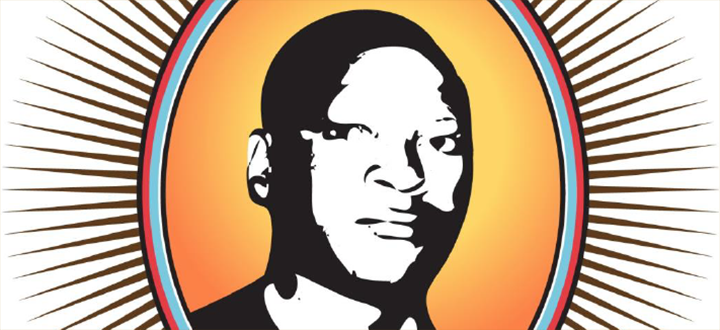 Unisa honours Dr OK Matsepe's enduring legacy
Unisa honours Dr OK Matsepe's enduring legacy
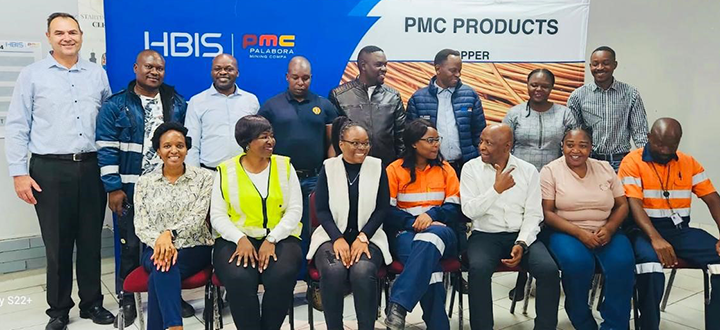 Great strides towards concretising Unisa-PMC partnership
Great strides towards concretising Unisa-PMC partnership
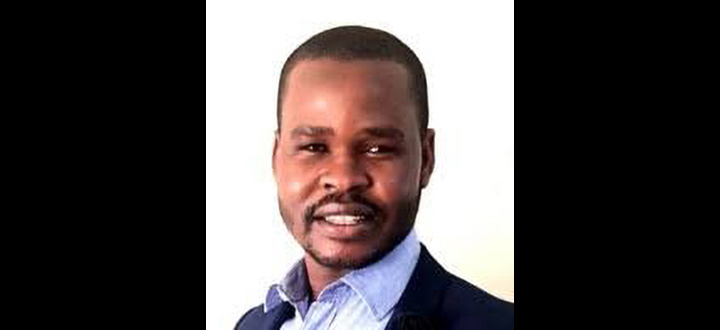 Mental health among men in the workplace needs more attention
Mental health among men in the workplace needs more attention
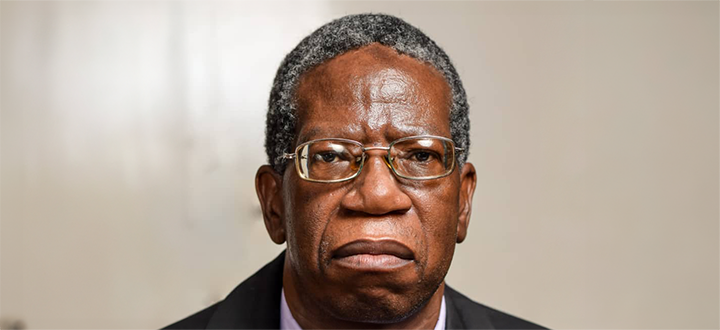 "I owe everything to Unisa and my late supervisor's priceless mentoring"
"I owe everything to Unisa and my late supervisor's priceless mentoring"
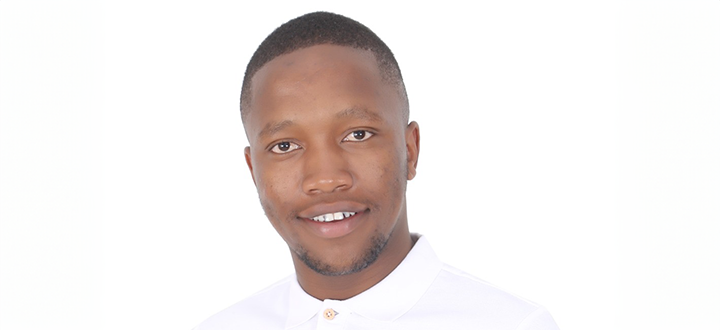 Majikijela - a queer scholar raising homosexuality awareness through his work
Majikijela - a queer scholar raising homosexuality awareness through his work